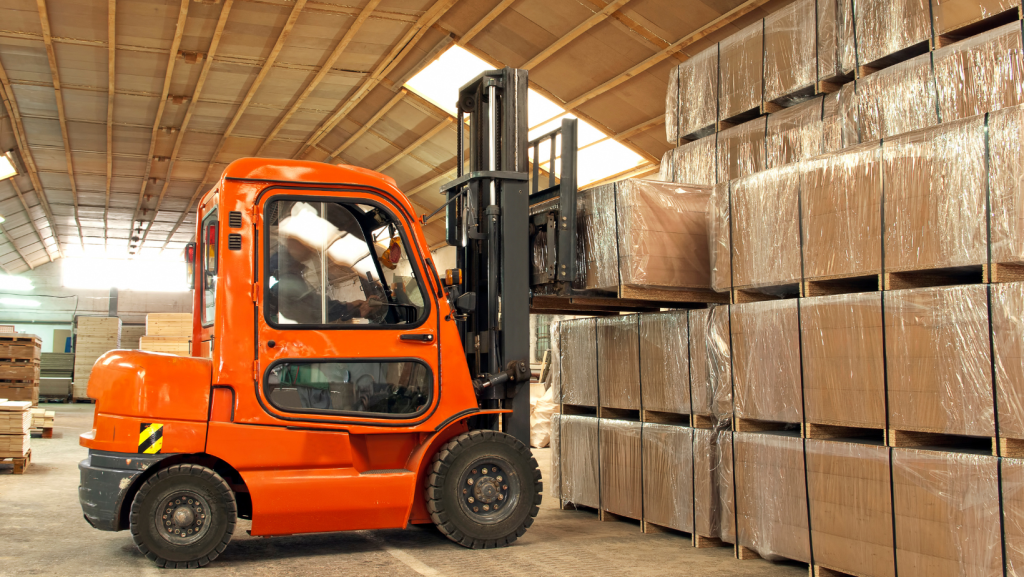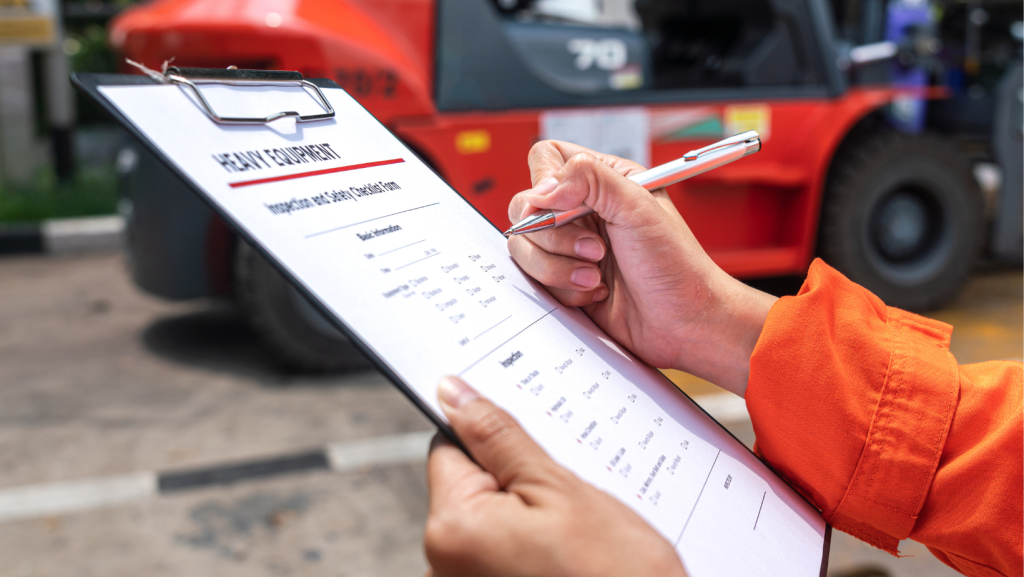
A forklift is indispensable for all warehouses and facilities where heavy loads must be transported between locations. Their efficiency is impressive; however, understanding their lift capacity is critical to ensure the operator’s and their surroundings’ safety. Whether you are a seasoned forklift operator or a complete novice, our comprehensive blog will detail the capabilities of […]

Forklifts are an instrumental piece of machinery for your site. Operating a forklift demands precision and caution; safety protocols are, therefore, a top priority. In this comprehensive guide, we will explore essential safety measures and expert tips to equip novice and experienced forklift operators with the knowledge and skills they need to use a forklift […]

Primarily, forklifts operate within closed areas such as warehouses and factories. However, sometimes, a forklift may need to travel on a public road to transport goods to another site or to unload at a loading dock. It is legal for forklifts to operate on a public road, provided they adhere to legislative guidelines. Our comprehensive […]

Take control of your bookings, courses, and training reports for delegates through our innovative customer account system, powered by dante.co.uk. This exceptional service is available at a cost of £20+VAT per user per month, billed annually. BOOKINGS– used to view or manage current & past bookings The below image displays a TEST booking, prices […]




